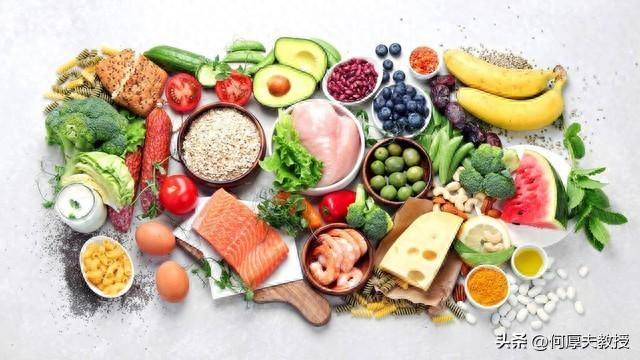In this fast-paced era, high uric acid has become a “hidden killer” for many people, silently eroding our health and may even lead to the excruciating disease of gout. Do you know? Some foods in our daily diet are the “hidden hands” that raise uric acid levels. Today, let’s uncover their true faces together and learn how to protect our health by adjusting our diet!
1. Foods high in purines: The “accelerator” of uric acid
1. Red meat and animal organs are the top culprits when it comes to high-purine foods. These foods, such as beef, lamb, pork, as well as animal organs like liver, kidney, and brain, are delicious but have extremely high purine content. Consuming them excessively can directly increase uric acid production in the body, making it worse for those with high uric acid levels.
2. Seafood feast calls for caution: Seafood lovers, pay attention! Although seafood is rich in quality protein and trace elements, most seafood like mackerel, sardines, eels, shellfish, and shrimp belong to the high-purine food category. Enjoy them in moderation, don’t overindulge.
2. Alcoholic beverages: The “catalyst” for uric acid
Alcohol’s influence: Whether it’s beer, liquor, or wine, alcohol inhibits the liver’s excretion of uric acid during metabolism, leading to increased uric acid levels. Especially beer, with its higher maltose and yeast content, is more likely to trigger gout attacks. Therefore, individuals with high uric acid levels must stay away from alcohol temptations.
3. Sugary drinks and sweets: The hidden “pusher” of uric acid
Sugar trap: High-sugar beverages like soft drinks, fruit juices, and various desserts, though not directly containing purines, indirectly affect uric acid metabolism due to high sugar intake. High-sugar foods stimulate insulin secretion, leading to increased fat synthesis in the body, reducing uric acid excretion, thus exacerbating high uric acid levels.
4. Strategies to deal with it: Have a balanced diet, stay away from high uric acid.
1. Increase vegetable intake: Consume more vegetables rich in vitamin C and potassium like broccoli, spinach, celery, etc., which help promote uric acid excretion, lowering uric acid levels.
2. Opt for low-fat dairy products: Low-fat milk, yogurt, and other dairy products not only provide rich nutrition but also sufficient calcium, helping reduce uric acid salt deposition in the joints and prevent gout attacks.
3. Drink plenty of water, urinate regularly: Adequate water intake accelerates uric acid excretion from the body. It is recommended to consume a daily water intake of no less than 2000 milliliters, promoting the excretion of uric acid with urine.
4. Engage in moderate exercise, control weight: Regular exercise helps improve physical fitness, enhance metabolic capabilities, and avoid obesity since obesity is a significant risk factor for high uric acid and gout.
High uric acid is not terrifying; what’s frightening is neglecting and indulging it. By adjusting our diet structure, reducing the intake of high-purine, high-sugar, and alcohol-containing foods, we have the complete ability to control uric acid within safe limits, staying away from the threat of gout. Remember, a healthy lifestyle is the best medicine for preventing all diseases. Let’s start today, focusing on our diet to safeguard our health!


